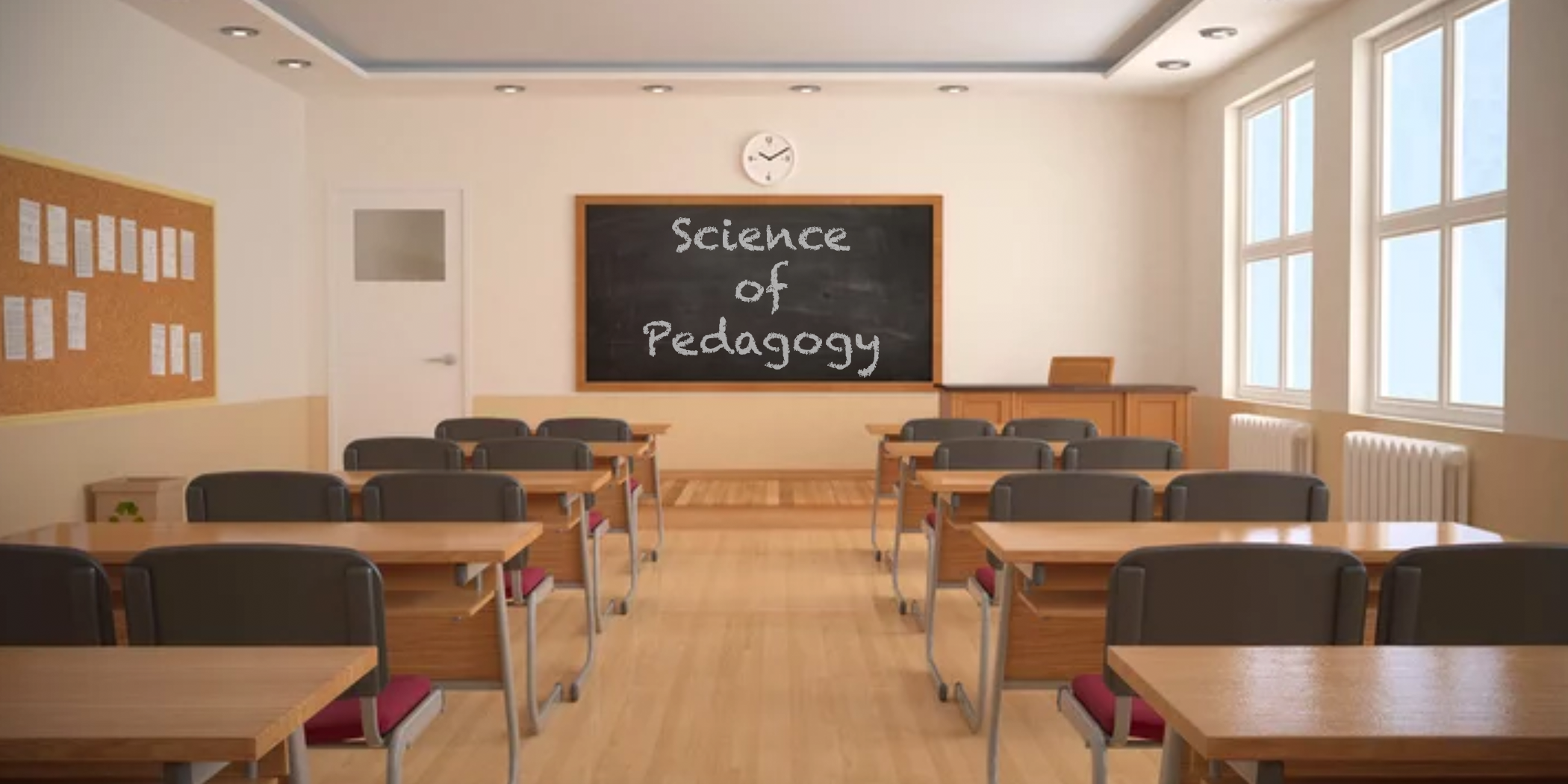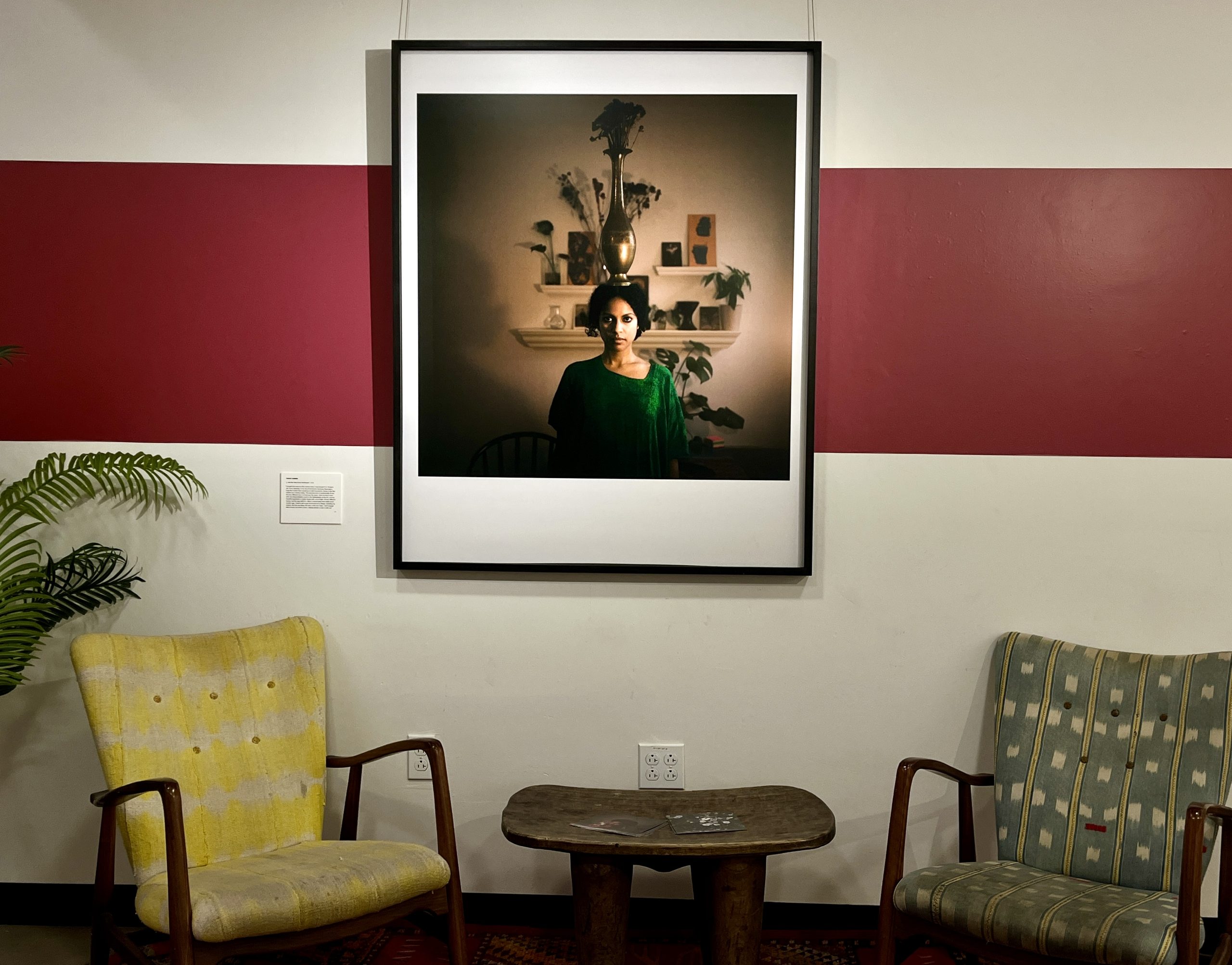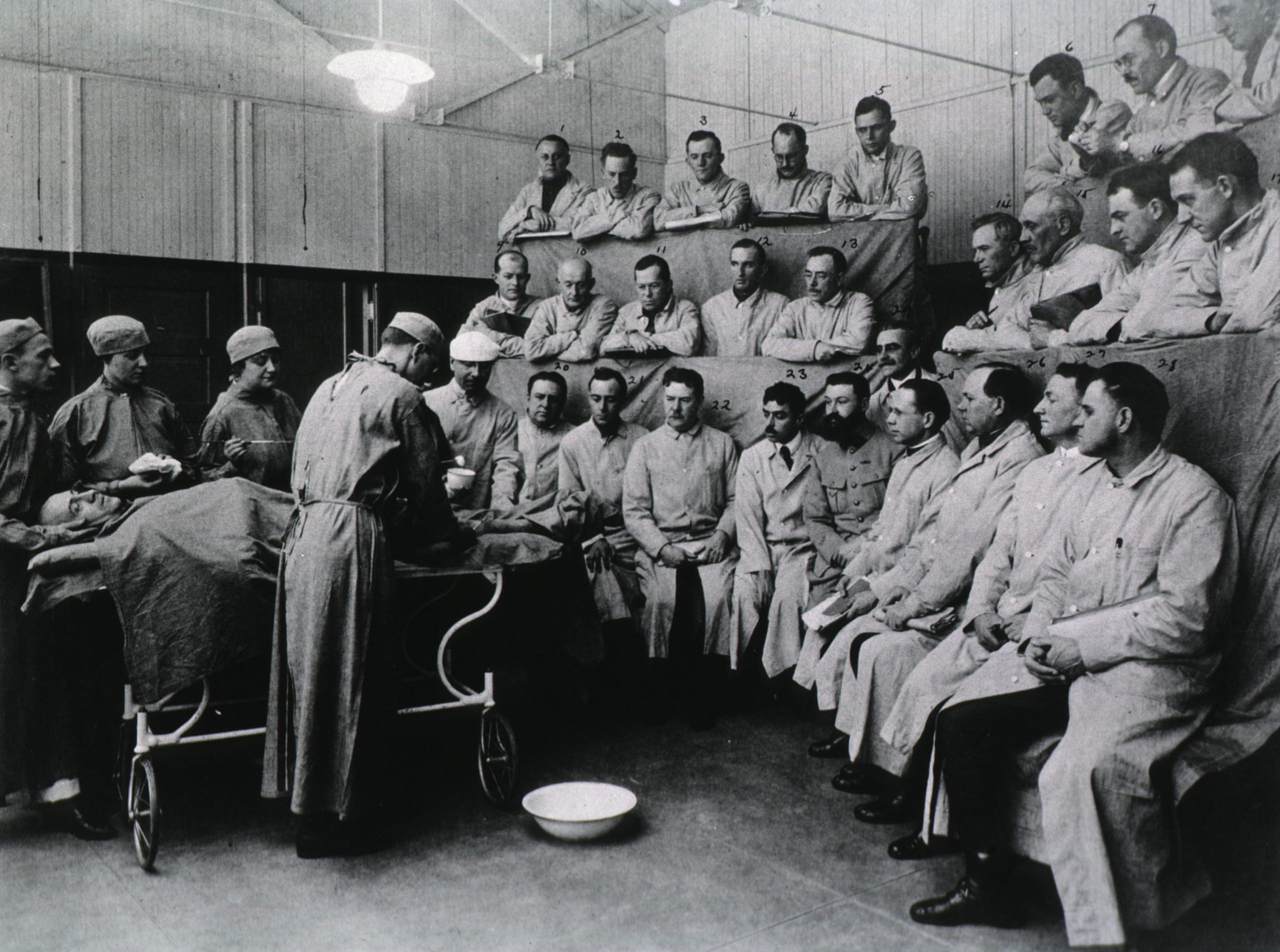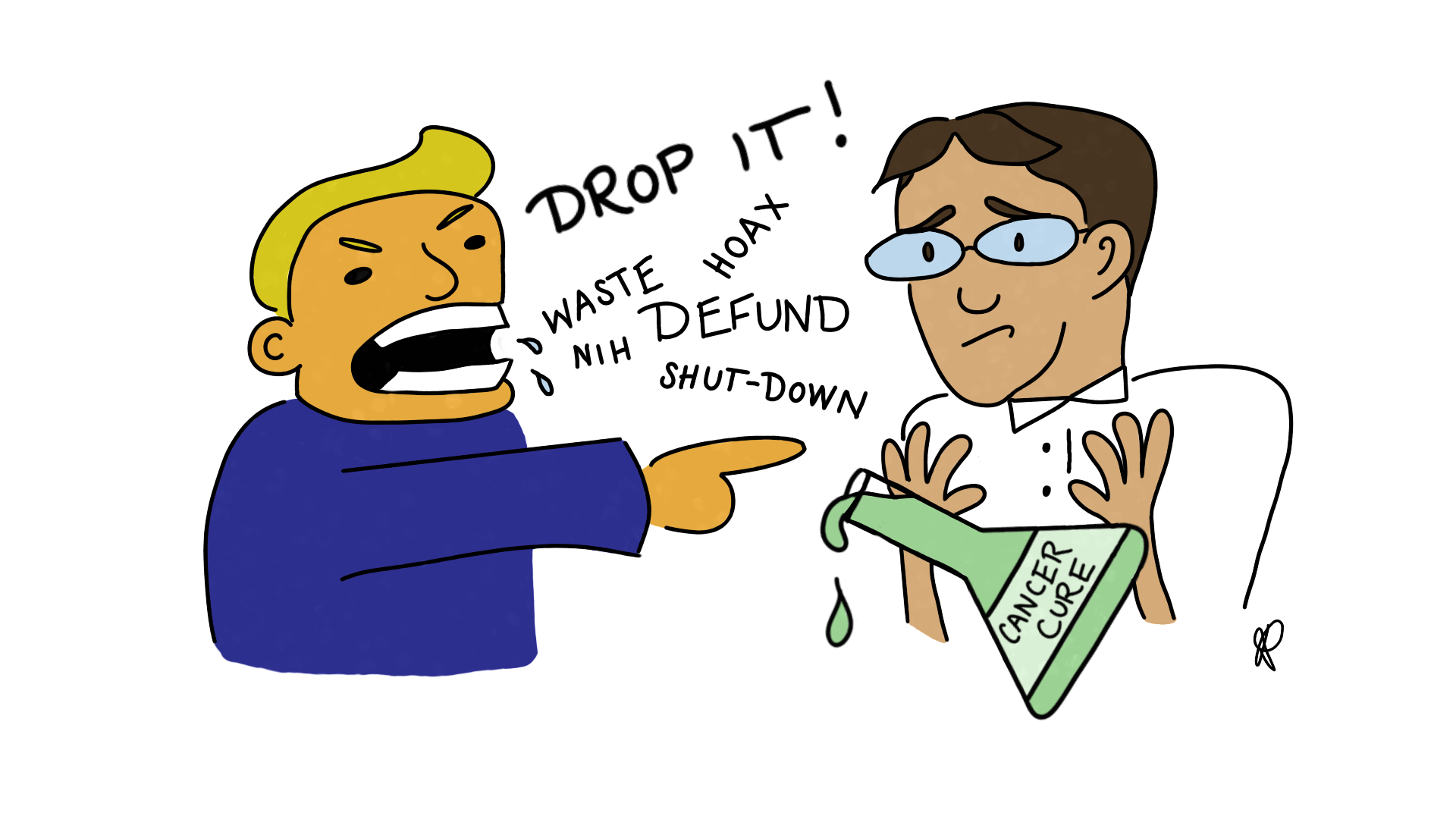Author: Sarah Foust
-
Spring Blooms
Where to see early blooming plants in Central Park Dene Slope Location: East Side of Central Park between 65th & 67th St Some flowers that will be in bloom this spring are common yarrow and the black-eyed Susan. This meadow also has many native plants that bloom in fall for year-round variety. Pilgrim Hill Location:…
-
Meeting Our Mascot: An Afternoon with Archibald Feathersby
This spring, I had the pleasure of interviewing Rockefeller’s self-proclaimed mascot: Archibald Feathersby. Mr. Feathersby is an intelligent, refined, and charismatic mallard duck who has called the pond on Rockefeller’s campus his home for the last eight years. During that time, he discovered a passion for splashing in puddles in front of the Faculty Club,…
-

The Role of Pedagogy in STEM Education
Pedagogy, the science of teaching and learning, explores the principles, practices, and methods that shape how knowledge is transmitted and retained. Over time, pedagogy underwent a fundamental shift from a traditional, teacher-centered methodology based on rote memorization to a more collaborative, student-centered approach that encourages exploration and questions. The ongoing evolution of pedagogy continues to…
-
Hidden Gems: Exploring Six of NYC’s Most Unique Museums
New York City is an epicenter of art and culture, housing some of the most prestigious museums in the world. Institutions like the Met, MoMA, American Museum of Natural History, and Guggenheim are globally recognized icons that draw throngs of visitors, locals and tourists alike. However, their popularity often leads to overwhelming crowds and long…
-
A Lab’s Legacy: How Mentorship Shapes the Future of Science
Good mentorship is a cornerstone of good science. Though vital at all career stages, mentorship holds particular value for the most junior scientists, like research technicians, whose work is a vital yet overlooked part of research output. Without extensive formal classroom instruction on laboratory techniques and scientific thinking, younger students and technicians must rely on…
-

NIH Training Grant and Funding Updates: Implications for Tri-I Scientists
Featured Image: The NIH’s drastic cuts to indirect research funding will strain the ability of the Tri-I to cover critical expenses like facilities, utilities, and financial administration. Overview of NIH funding changes In February 2025, the National Institutes of Health (NIH) announced a significant policy change, capping indirect cost reimbursements at 15% for all new…
-

Bridges Across Worlds: International Voices at the Tri-I
New York City has long been a beacon for those seeking education, opportunities, and new horizons. As artist Benny Cruz poetically declares, “New York is the end of your past and place of rebirth,” a sentiment that resonates deeply with the countless newcomers who arrive in this city seeking not merely an address change but…
-

Between Nostalgia and Dreams, an Exhibition by Yusuf Ahmed
“What is the object you’ve held onto the longest?” In Early February, Ethiopian-American photographer Yusuf Ahmed’s exhibition Between Nostalgia and Dreams opened at The Africa Center. Ahmed’s work centers on the experiences of African and Middle Eastern people and their diasporic communities. Previous work includes the short film The Fly Collectors, which highlighted local volunteers…
-

The Myth of Apolitical Science
The Rockefeller University has a singular mission: to “do good science.” This statement, given by President Richard Lifton at an annual meeting with the Student Representatives Committee (SRC) on May 8, 2024, seems, at first glance, to be an innocuous paraphrase of the Rockefeller University mission statement. If you parse it further, however, it reveals…
-

Trying to Survive as a Scientist Under Shifting Presidential Administrations
The contentious 2024 U.S. presidential election has had a resounding impact on the social state of the U.S. and broader communities. In a country that seems to be more divided every day, fueled by rhetoric from both sides of the aisle, it is difficult not to question what effect the political environment will have on…
